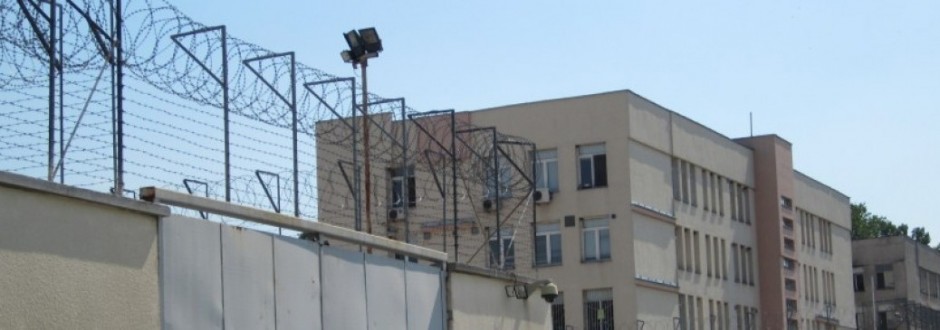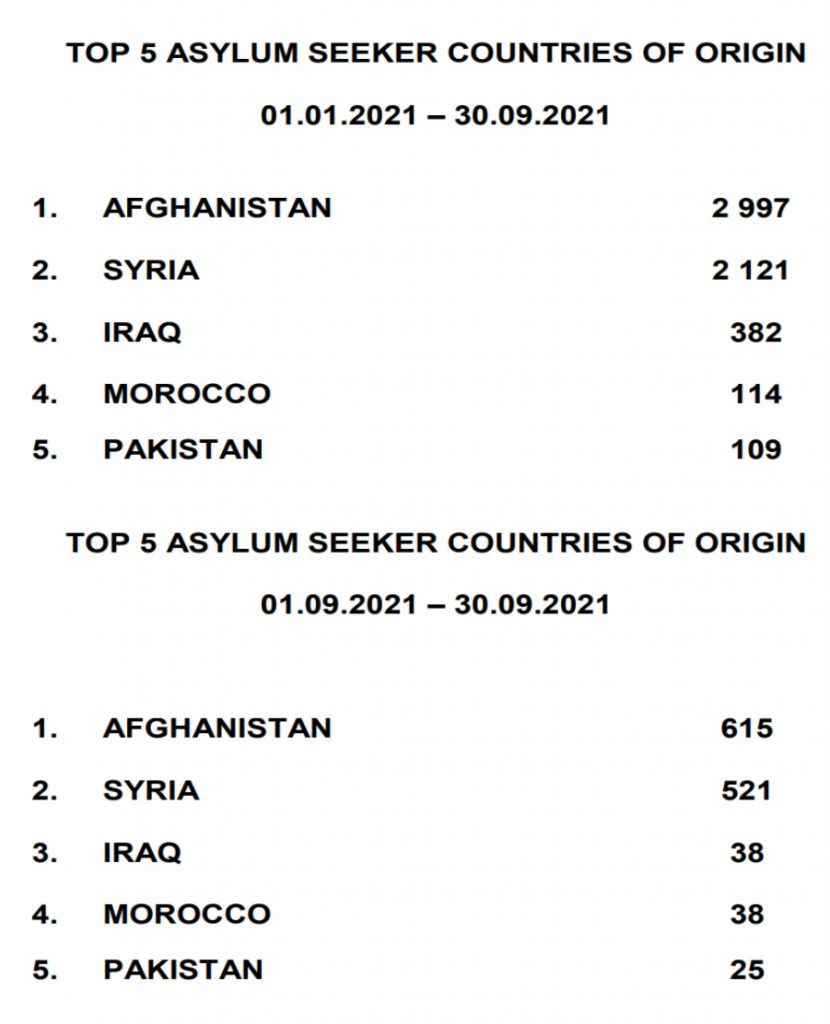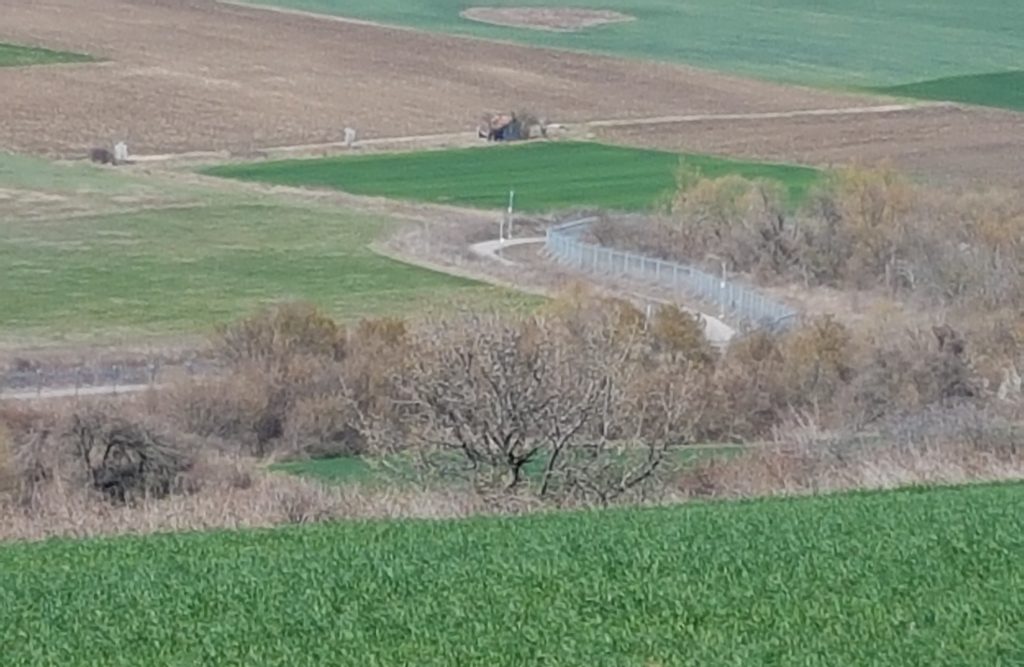By the end of August 2021 the Minister of Interior (MoI) Boyko Rashkov, from the caretaker government, said there was a significant increase of the refugee influx (+17%). Last week dozens of Afghan refugees were found in an old hunting farm in Ihtiman. The week before more than 40 refugees were detained at several places in Sofia. One week later, on the 23rd of August, 20 refugees were found during a routine check in Sofia’s Obelya district in a truck. As of the published statistics by the MoI from the 31.07.2021, 81% (859 people) of the capacity of the two existing detention centers Busmantsi and Lyubimets was occupied, 388 of the detained people were from Afghanistan.
In the last two days of August, nearly 500 people were stopped at the external borders of Bulgaria (268 attempts on the Bulgarian-Turkish border, 212 – on the Bulgarian-Greek border). The Border Police Headquarter in Elhovo stated that every day the Bulgarian Border Police sends between 100 and 200 „illegal immigrants“ back to Turkey. Many of them are people with Afghan origin. So far Afghan nationals faced a 99% rejection rate in Bulgaria, although “Afghanistan has been the top country of origin in Bulgaria for five consecutive years since 2016“. Diana Daskalova, head attorney at Center for Legal Aid – Voice in Bulgaria, stated:
During recent years, in spite of the fact that Afghan asylum seekers were among the main portion of people seeking protection in Bulgaria, their recognition was indeed lower in comparison to average rates in other EU member states. At the same time returns to Afghanistan have been leading in numbers.
Recently, Bulgaria’s caretaker Premier Stefan Yanev mentioned, during an inspection of the border near the town of Malko Tarnovo, that the fence on the Turkish-Bulgarian border needs repair. Meanwhile the rhetoric of many Bulgarian politicians is about how to stop the, so called, ‚migrant wave‘ from Afghanistan. On the 26th of August 2021, Rashkov announced, that Bulgaria will send hundreds of soldiers to the border to Greece and Turkey. It is not really clear what should be their role there, besides to assist the Bulgarian borderpolice at the external borders. Very likely there is a big chance of push-backs existing for the fleeing people from Afghanistan, since the military is not familiar with humanitarian trainings. In the night of the 1st of September, 200 people were “intercepted“ at the border, Rashkov told the very next day in the National Assembly.
Bordermonitoring Bulgaria (BMB) is worried about Bulgaria’s military at the border and the possible resulting of disregarding the principle of non-refoulement for people who fled from the horrible situation in Afghanistan and who seek protection in the European Union. Furthermore Bulgaria should overthink and put an end to the discriminatory determination concerning the people from Afghanistan.



